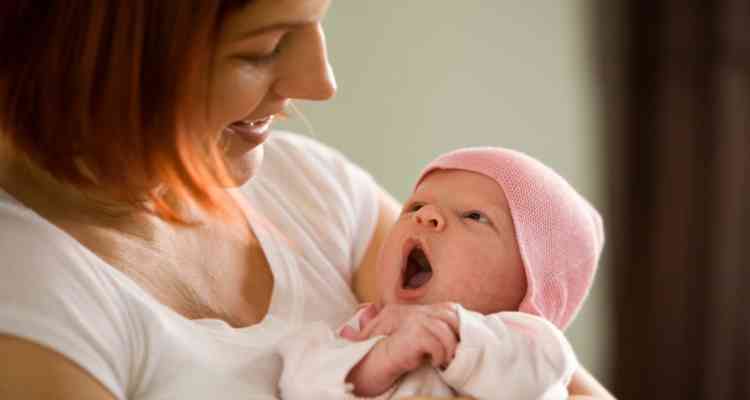
A recent study published in the journal JAMA pediatrics claims that mothers who were infected with Covid-19 during their pregnancy could transfer antibodies to their unborn child through the placenta.
The research took blood samples from more than 1,470 pregnant women at Pennsylvania Hospital between April and August 2020, of which they found and analysed COVID-19 antibodies in 83 new mothers. It was found that about 87% of their newborns showed reports of COVID antibodies in their umbilical cords.

The amount and nature of the antibodies in the newborns depended on the type and quantity of antibodies that were present in the mother during her pregnancy.
The researchers said that: “Our findings demonstrate the potential for maternally derived antibodies to provide neonatal protection from SARS-CoV-2 infection and will help inform both neonatal management guidance and design of vaccine trials during pregnancy.”
What is the role of immunoglobulin G (IgG):

Immunoglobulin G (IgG) is a type of antibody that is found in the cord blood which helps in protecting the body from various infections.
Following the study, immunoglobulin G (IgG) was detected in 83 of 1,471 women (6%) at delivery, and IgG was found in cord blood from 72 of 83 of the newborns (87%). This reflected a similar level of IgG present in the mother and the newborn.
The 11 babies who tested negative for the antibodies were either because of the low levels of IgG levels in their mothers or due to the low amount of antibody production by the mothers.





